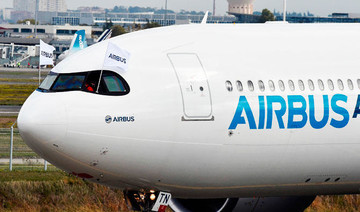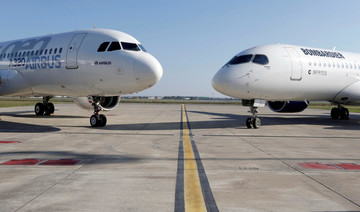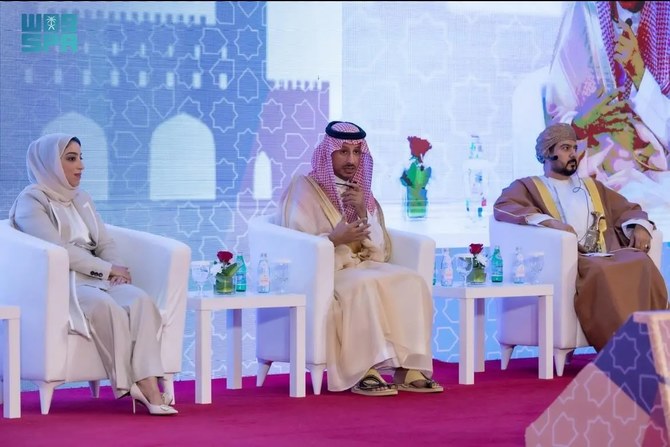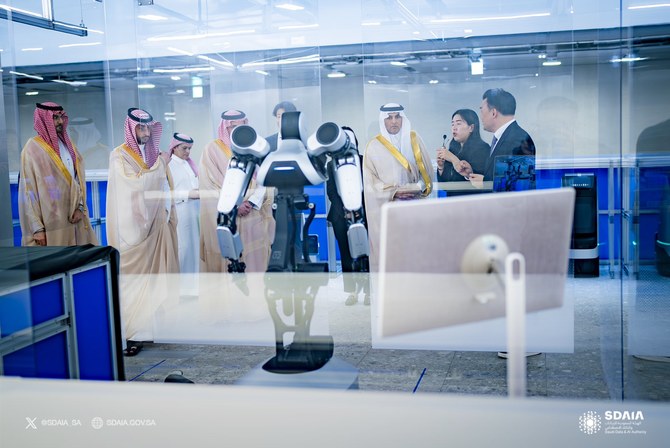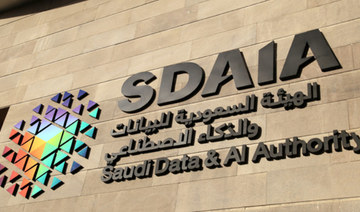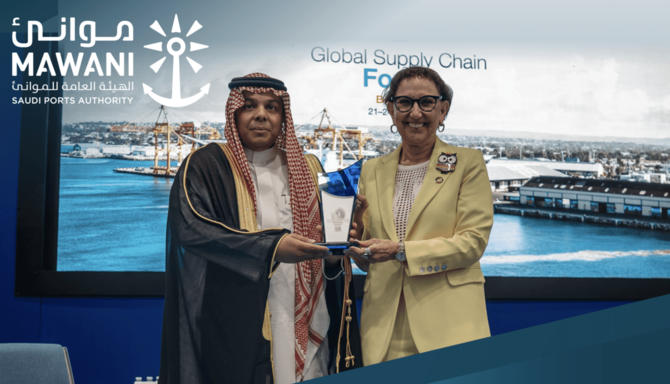TOULOUSE: Airbus has raised its forecast for aircraft demand over the next 20 years and revamped the way it predicts aircraft demand, introducing new categories from ‘Small’ to ‘Extra-Large’ and blurring the traditional boundaries between aircraft types.
The European planemaker said it was raising its 20-year forecast for aircraft deliveries by more than 7 percent to 37,400 jets, worth $5.8 trillion at list prices.
That compares with 34,900 aircraft worth $5.3 trillion a year ago, partly as the result of a higher starting point as the industry absorbs another year of brisk growth in air travel.
Dominating the outlook is the market for ‘Small’ jets up to 230 seats, where Airbus has expanded its portfolio by closing a deal to buy Bombardier’s 110-130-seat CSeries jet — mirrored on Thursday by a tentative deal by rival Boeing to acquire the commercial unit of Brazil’s Embraer.
These will represent 28,550 deliveries worth $3.2 trillion, or 76 percent of all units delivered over the next 20 years, Airbus said in an annual forecast.
However, it redrew the traditional distinction between single-aisle or narrowbody jets and twin-aisle aircraft, and between the various types of long-distance aircraft, so that direct comparisons with previous sub-totals were not available.
The changes are particularly evident for the largest planes. Instead of singling out jets with 450 or more seats, which effectively means the four-engined Boeing 747 and Airbus A380, Airbus now places all planes with 350 or more seats — including the biggest twinjets — in one box called ‘Extra Large’.
It believes 1,590 of these will be delivered over two decades. Other categories include ‘Medium’ between 230 and 300 seats and ‘Large’ between 300 and 350 seats.
Airbus has been fighting a statistical battle for years with Boeing over demand for very large jumbos like the 747 and A380, where it has been more bullish than its US rival.
Boeing says large twinjets like its 777X will soak up most of this demand and has abandoned forecasting the largest models.
The new Airbus framework ignores the number of engines and focuses on bands of seating — reflecting a view that long-term forecasts need not match today’s product line-ups — and comes amid debate about the future of the slow-selling A380.
The change in methodology is based on the way airlines use their planes rather than the type of model, spurred in some cases by shifting business models.
Airbus said it was leaving key assumptions unchanged with average world GDP growth pegged at 2.8 percent, outstripped by average annual air traffic growth of 4.4 percent.
Boeing, which is due to update its 20-year forecast this month, last year predicted total deliveries of 41,030 jets worth $6.1 trillion. Both firms say most new deliveries will permit growth in airline fleets rather than simply replacing old jets.



